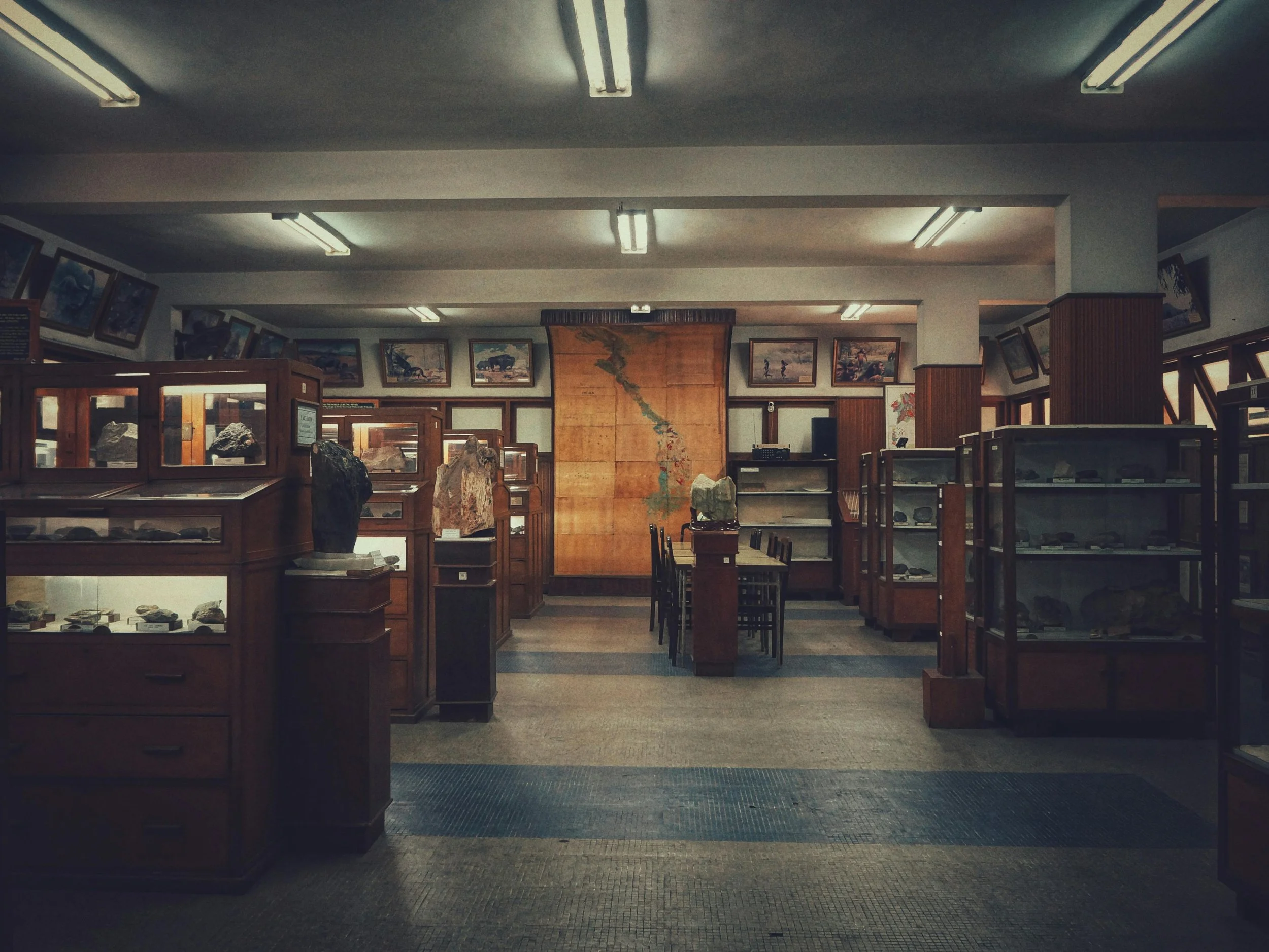I've compiled some of my best post posts on archival management. I love being a consultant who can help organizations fund, set up, or expand their archives programs. Interested in learning more about what I do? Check out my services.
The inherent fragility of archival materials makes them especially vulnerable to damage during disasters. To ensure the safety and preservation of these collections, archives must develop a comprehensive disaster response and recovery plan tailored to their unique needs. A well-crafted plan mitigates risks, safeguards materials, and guides staff in responding to emergencies.
Building a secure archival environment requires a strategic, layered approach. This post outlines five essential elements every archival institution should implement: access control, secure storage, surveillance systems, staff training, and vulnerability assessments.
Preserving archival collections requires more than short-term interventions or reactive measures. Establishing a long-term archival preservation strategy is essential to ensure that materials remain accessible, stable, and intact for future generations.
As the initial step in managing incoming materials, accessioning is a critical function within archival work. The process ensures that newly acquired collections are formally accepted, documented, and incorporated into the repository’s holdings.
Developing an acquisition policy is critical for archivists because it sets the foundation for how an institution acquires and manages its collections. A well-crafted acquisition policy ensures the archives remains focused, relevant, and aligned with the institution’s mission and strategic goals.
Archival acquisition is a crucial process in managing records; it encompasses the methods and principles by which archival institutions acquire and take responsibility for records. It is a fundamental aspect of archival work, affecting records’ immediate management and long-term preservation and accessibility. Understanding archival acquisition involves grasping its purpose, methods, challenges, and best practices.
Appraisal involves choosing which records to preserve based on their long-term value and relevance to the archives’ mission. This process requires archivists to balance users’ immediate needs with the potential future significance of records.
Appraisal involves choosing which records to preserve based on their long-term value and relevance to the archives’ mission. This process requires archivists to balance users’ immediate needs with the potential future significance of records.
Archival appraisal is critical in determining which records should be preserved for long-term use and which should be discarded. As archives grow, effective appraisal becomes increasingly important to ensure that only records with enduring value are retained.
When it comes to establishing a new archives, laying the groundwork and communicating the need for archives is just the beginning. Developing strategies for sustaining and growing the archives over time is essential to ensure long-term success. Doing so involves ongoing maintenance, continuous improvement, and planning to address future challenges.
Once you’ve established the need for an archives and secured the necessary approvals, the next phase involves setting up the archives. This process requires careful planning and diligence to ensure the archives are functional, secure, and accessible
Starting an archives in any institution is crucial to preserving its history and ensuring that vital records are maintained for the future.
Archival surveys are powerful tools for improving collection management. By surveying collections, archivists can gather essential data that inform preservation, access, and resource allocation.
A well-executed survey provides valuable insights into a collection’s content, condition, and preservation needs. Best practices for conducting archival surveys focus on identifying and assessing records.
Measuring the right metrics in the right way is the key to assessing the impact of archival endeavors. Archivists play a crucial role in preserving historical records, and their efforts are best evaluated through well-defined benchmarks.
There’s no doubt that archivists play a pivotal role in preserving our collective histories and cultural heritages. However, their challenge lies in safeguarding documents while demonstrating their work’s tangible and intangible impact.
Long-term preservation is essential to ensure digital archives remain accessible and usable.
Individuals and organizations generate vast amounts of digital content, including photos, documents, emails, and social media posts. Managing and preserving digital assets is vital for immediate access and longevity.
Archivists often help individuals manage and preserve digital files of personal significance.
Leadership should take center stage in the archival profession. The essence of leadership lies in embracing change and fostering innovation.
A unique challenge arises in the intricate world of archives—the risk of archivists being perceived as self-promoters.
In archives, leadership is not merely a role but a proactive stance transcending the archival domain’s boundaries.
Digital preservation is crucial to safeguarding cultural and historical heritage for future generations.
Archivists play a crucial role in safeguarding the past and extracting valuable insights using cutting-edge technology.
Archivists should embrace technology, focusing on digitization benefits, digital platforms, interactive resources, and data-driven insights.
Families establish family offices for several reasons, primarily to manage their wealth, preserve their legacy, and facilitate intergenerational continuity.
While most information professionals understand a collections management system’s importance, selecting and implementing a CMS or any other information management system is less widely understood.
Archivists leverage technology to enhance collaboration within their teams and across organizations. When archivists embrace digital platforms, they integrate archival practices into strategic planning, foster continuous learning, seek feedback, and build meaningful partnerships.
Archival collaborations emphasize the importance of understanding collections, tailoring resources to meet unique needs, and communicating the value proposition to potential allies.






























Disasters can strike unexpectedly, causing significant damage to archival collections and facilities. Whether it is a flood, fire, or another catastrophic event, the aftermath of a disaster requires a strategic response to assess the damage and initiate recovery efforts.